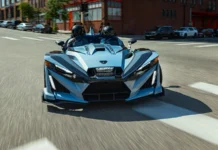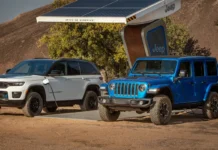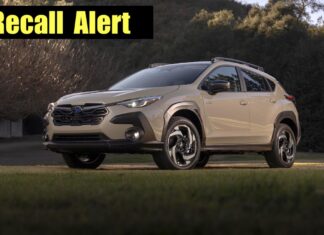Doubts may slow (or stop) the FCA and PSA merger
European Union antitrust regulators appear to be concerned about the FCA and PSA $50-billion dollar merger. This proposed merger between Fiat Chrysler Automobiles and French automaker Peugeot Group would create the fourth largest automaker in the world. Both companies are looking to share the burden of cost, production and research along with combining resources – if the merger actually happens. Automotive News Europe reports Monday that regulators may demand concessions on small van sales under the $50 billion deal for it to move forward.
Their report says, “If FCA and PSA fail to dispel the European Commission’s doubts in the next two days and subsequently decline to offer concessions by Wednesday, the deadline for doing so, the deal would face a four-month long investigation. The EU competition enforcer, which has set a June 17 deadline for its preliminary review, declined to comment.”
Neither of the two automakers made any official comment on the pending investigation, should they not meet the deadline.
They have embarked on business ventures in the past
FCA and PSA have worked together before. They have an equal-share joint venture called Sevel, which is based in Atessa, Italy. This is Europe’s largest assembly plant for vans and is considered highly successful.
If the merger slows, or is cancelled altogether, both companies will have to regroup and find a new approach. FCA recently attempted to merge with Renault/Nissan, but a French government official and Nissan both shot down the merger plans.
Provided that the FCA and PSA merger goes through, Chrysler, Dodge, Fiat, Jeep, Maserati and Ram will combine with Citroen, DS, Peugeot and Opel. This combination will mean both organizations would have access to nearly every market worldwide with a loaded portfolio.



























